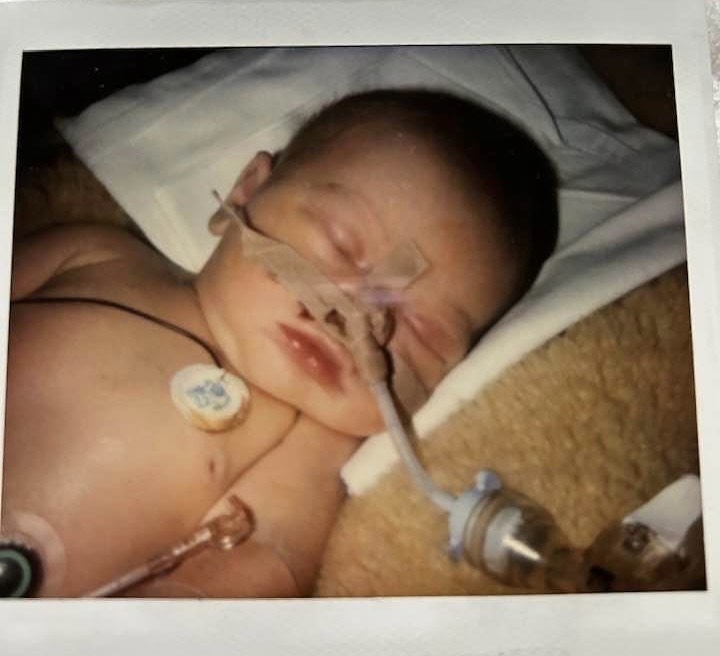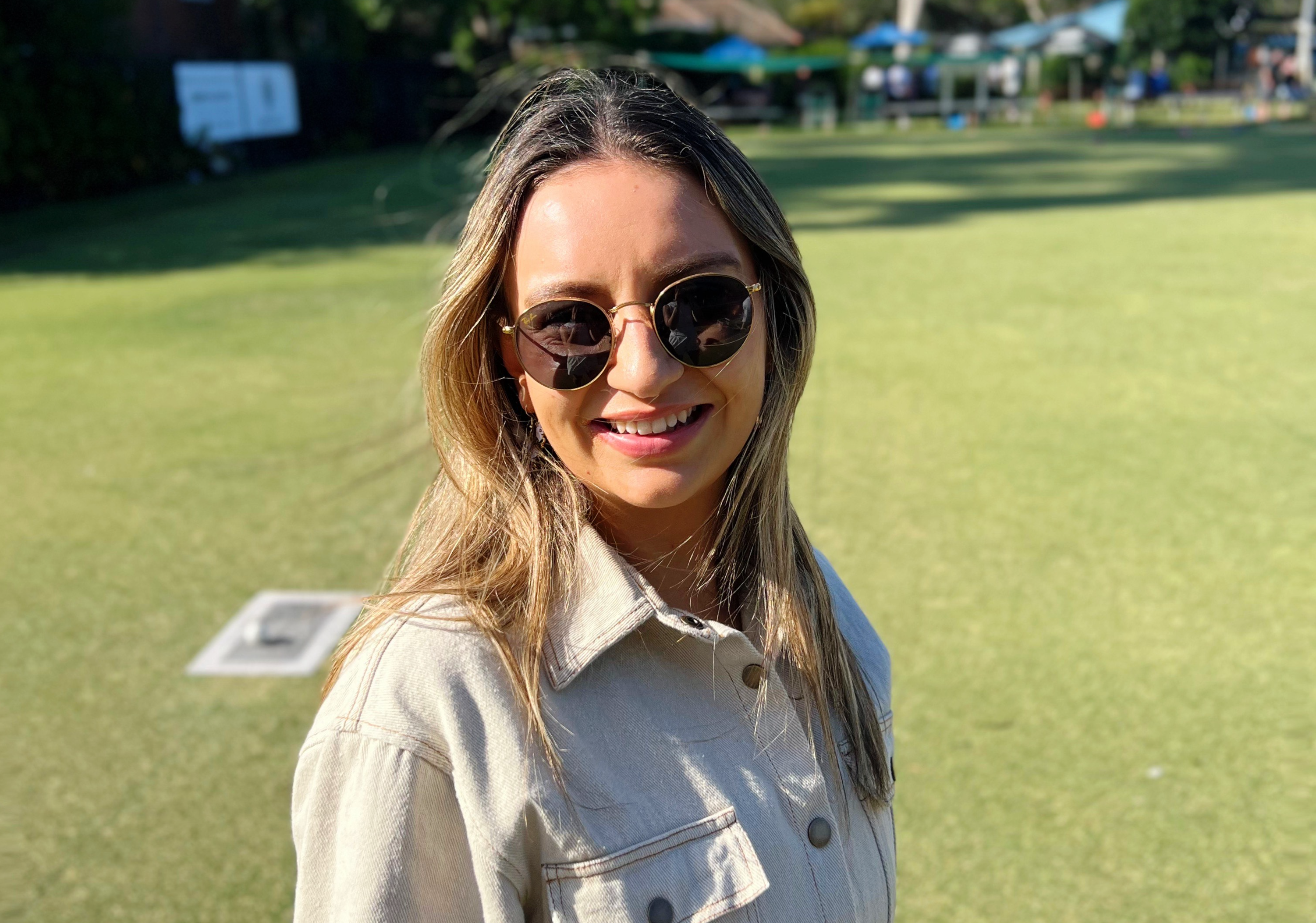Hello, I'm Emma, and I'm 24 years old. I had aortic stenosis, patent ductus, and a double inlet single ventricle from birth. At the ages of one day, four months, and four years, I underwent three open heart surgeries (fontan procedure).
Along with my older sister, I attended a HeartKids camp when I was younger, where I met other kids who had similar conditions and learned a lot about HeartKids. HeartKids reached out to ask me to share my experience of growing up with a heart condition. Here is my reflection on going through my school years with congenital heart disease.

Starting my schooling journey
For a child, going to school can be frightening and can cause various forms of anxiety. Adding a heart condition to this unfamiliar setting can be distressing and uncomfortable. I recall talking to my parents when I was in primary school about telling the teachers when I'm feeling unwell or tired, especially when it comes to school activities, recess and lunch, and everyday life in general. My mum organised a medical assessment, which she shared with my teachers so they would be more receptive if I came to them when I wasn't feeling well. I was fortunate to have my childhood friend attend school with me, who was well aware of my condition. As a result, when I confided in her and my friends that I wasn't quite up to participating in a particular activity, they were incredibly patient and never made me feel any different.
For me, my parents altered the narrative to say, "These are the things you can do," rather than, "This is what you can't do." In other words, rather than telling my teachers that I couldn't participate in a certain sporting event—like cross country—we talked to them about it and came up with a solution that involved timing the runners, awarding medals, and other such tasks. Strangely, because I felt in control, doing this made me feel even more important!
The fact of having CHD is that many things in life might make you feel different, but being honest with others around you and speaking up when you don't feel like it can really help you manage your relationships with friends, teachers, and other people.
My High School Experience
Primary school was easier than high school because, as a small child, you still have your parents watching out for you and taking full responsibility for all aspects of your life. In high school, you go on a new journey as you search for your personal identity and begin to become more independent from your parents as you start to mature.
Even though my mum and my school had another medical assessment meeting, at this age, the emotion of "embarrassment" enters the picture. In primary school, I believe that most kids don't comprehend what's going on and don't notice when you are missing certain events, but in high school, everyone is aware of your actions, and it's very easy to lose yourself in your own thoughts! I attended an all-girls school, so I won't lie—being different was difficult. I also had to wear a scoliosis brace in addition to having a heart problem. Extremely unpleasant and unusual to other people; fortunately, it wasn't visible, but it still reduced the amount of things I could do.
One thing to keep in mind is that nobody really pays attention to what you are doing because everyone is too concerned with what other people think of them. That may sound silly, but it's actually quite true.
Luckily, I was able to find a group of girls and a wonderful best friend who never made me feel alone. As they say, it really does make a difference to surround yourself with people you can talk to.
Navigating adulthood and work life

At 25, I actually have less medical appointments now than when I was a student. During school I had many appointments and there were many sick children whose parents would still send them to school, which made my low immunity even worse! As my parents always believed that you should remain home from school for as long as possible when you're sick, I was able to recover.
In my adult life my health has always come first, and this has helped me navigate the workplace. I am fortunate to be able to work from home, so if I am starting to not feel well, I will take the opportunity to take a flexible approach to my work day whether that be half a day of working or even only attending essential meetings. If I am very sick, I will not work.
My medical appointments come first, and I have been very explicit about this in every job I've had. Being upfront with your employer about your medical appointments and the need to take full or half days off before starting really helps to establish that this is a non-negotiable.
Even though I feel like I can communicate to everyone in my life honestly, seeing a therapist has significantly helped me in my adult life as I work through my feelings regarding my heart condition.
I make a conscious effort to eat healthily and exercise frequently. I've discovered that Pilates is an excellent low-impact workout, as is kickboxing with a personal trainer who is aware of my condition and knows when to let me take breaks.
Ultimately, I strive to enjoy every moment of life and acknowledge my boundaries with both people and activities. Surrounding yourself with a strong support system even if that be a couple of people who you can rely on. To make sure I'm at ease in any circumstance, I've discovered that it helps to be persistent about what limits I place on myself.